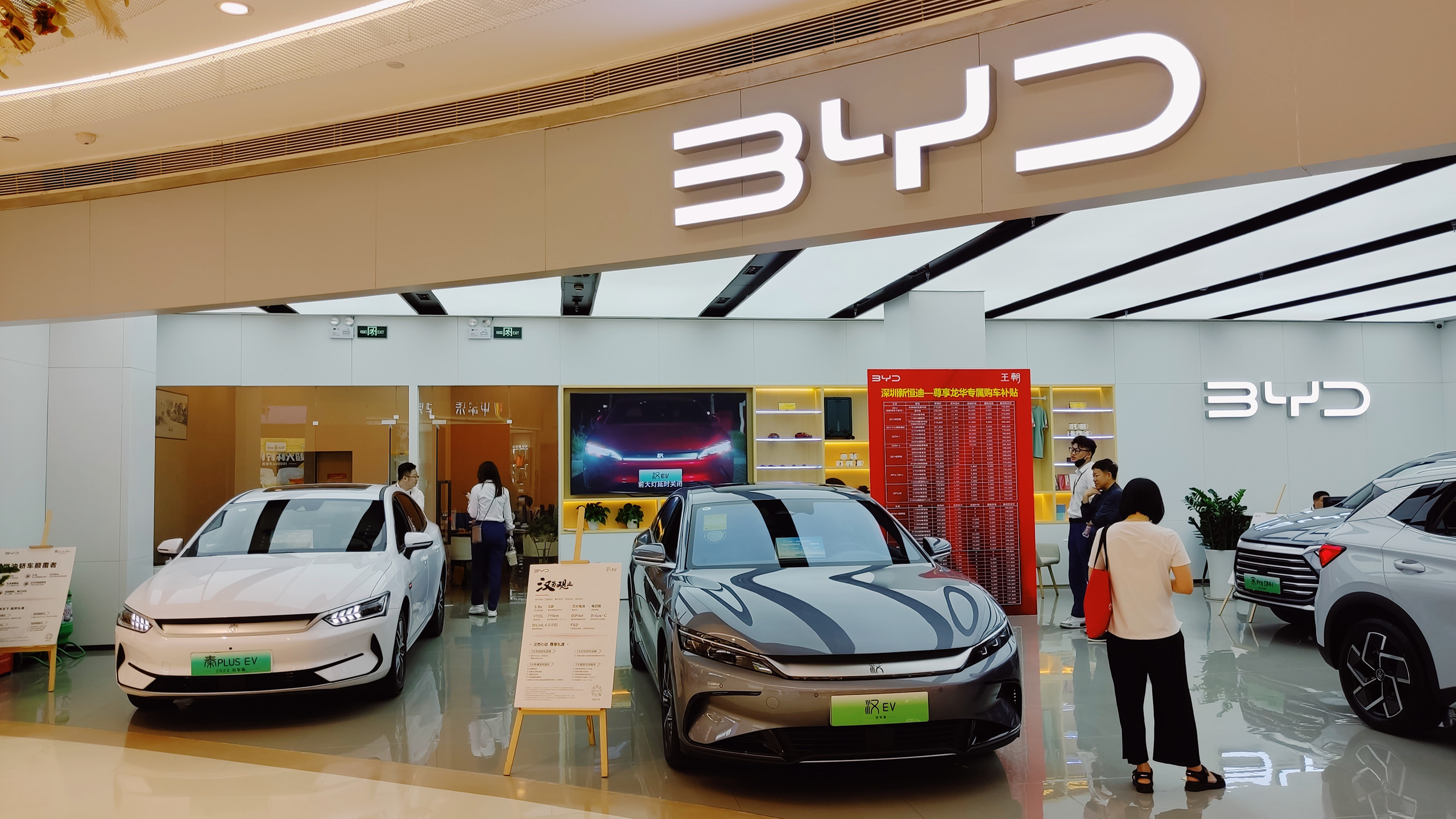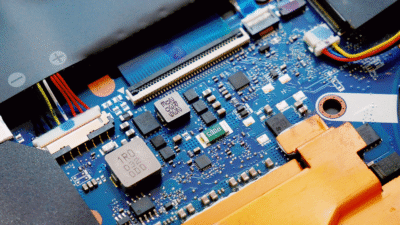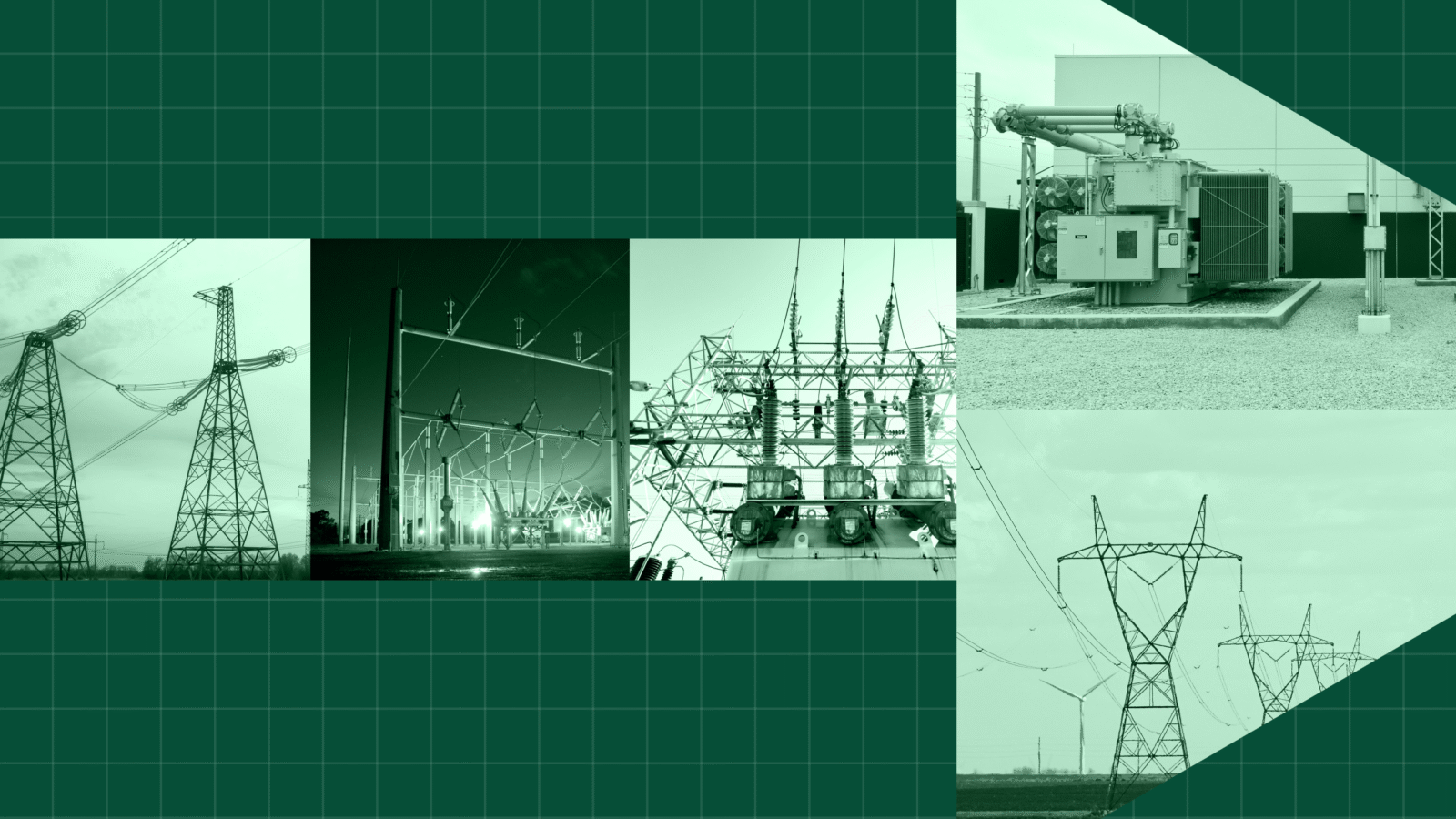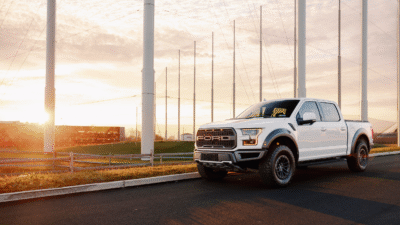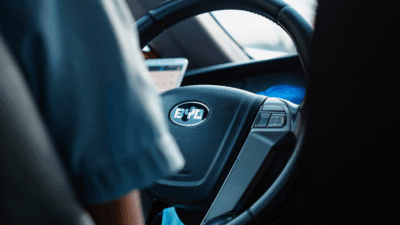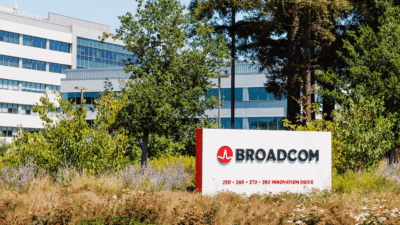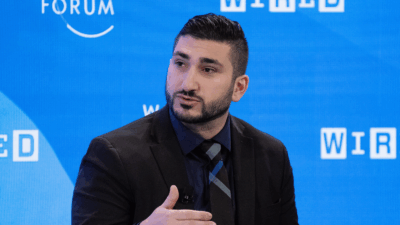China EVs Stay Strong Despite Domestic, International Headwinds
A couple of China-based EV giants had good news to share in spite of a weakened consumer at home and fresh tariffs from the EU and Canada.
Sign up for smart news, insights, and analysis on the biggest financial stories of the day.
The official anthem of the Chinese EV sector is “Don’t Stop Me Now.”
A couple of China-based EV giants had good news to share on Wednesday in spite of a much-weakened consumer at home and fresh tariffs from the EU and Canada. It’s a sign that China’s EV sector, though facing tough times ahead, has enough gas in the tank to keep going.
Cheap and Cheerful
China’s EVs have had tariffs slapped on them by the US, the EU, and Canada because they are much cheaper than any other EVs on the market due to extremely generous state subsidies. The idea is to stop China EVs from crowding out local manufacturers by slowing their roll — but the thing is, they have the world’s biggest auto market to fall back on. On Wednesday BYD — which in Q4 2023 managed to briefly nab Tesla’s crown for selling the most EVs globally — announced its net profit for H1 rose 24% year-over-year.
Meanwhile, China-based EV maker Xpeng released a new model for budget-conscious consumers with a price tag around $16,800. EV companies have been chasing each other to release mass-market models, and Xpeng’s new model is more than $15,000 cheaper than the cheapest Tesla you could buy in China, per CNBC. On top of that, Chinese EV companies are racing to outdo each other on driver-assistance systems:
- BYD announced on Tuesday that it’s partnering with Huawei to bring self-driving technology into its vehicles.
- Xpeng’s new budget model also comes in a slightly more expensive (but still relatively cheap) version, with self-driving software included. Tesla has been trying to introduce its driver-assistance tech to the enormous Chinese market, but it hasn’t materialized yet.
There is a dash of investor skittishness over China’s EV sector, automaker Li Auto sparked a downturn in Chinese EV stocks this morning following its after-the-bell financials yesterday.
Adapt or Perish… or Not: Back on its home turf, Tesla’s rivals are getting restless. The New York Times reported on Tuesday that although Tesla promised last year to un-Appleify its Superchargers by letting other brands’ cars plug into them, in practice most non-Teslas still aren’t able to. According to the NYT, this is down to big delays in software updates and distributing adapters for non-Tesla cars. While a cynic might have thought the delay was handy for Tesla, as its Supercharger network is a selling point for its cars, the company said on Friday it’s working on ramping up adapter production. A little bit of mal-coordination at the Supercharger department also wouldn’t be a huge surprise, given CEO Elon Musk chose that department to fire wholesale in April.
